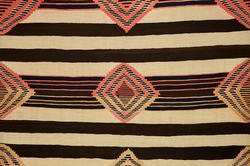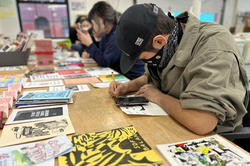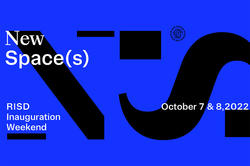Undergraduate students Pei-Yu Hung and Andres Guevara organize a wide-ranging storytelling series for a Collaborative Study Project focused on Indigenous oral traditions.
RISD’s Global Arts and Cultures Program Hosts Counter-Colonialism Board Game Symposium
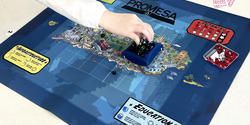
For thousands of years humans have been using board games to pass the time but also to impart cultural values and even to promote such societal evils as war and colonization. Today, designers are reconsidering the board game as a tool for subverting oppressive narratives and countering social inequities.
This spring grad students in RISD’s Global Arts and Cultures program have been exploring the mechanics of colonialism and globalization and how they intersect with creative practice. These questions were recently brought to the larger community via Playing Counter-Colonialism, a daylong symposium funded by RISD Research, the Center for Complexity, Intercultural Student Engagement, the Illustration department, Nature-Culture-Sustainability Studies and the nonprofit One Square World. Coordinated by grad students Shey Rivera Ríos MA 24 GAC and Ruchika Nambiar MA 24 GAC, the event featured talks by game designers and scholars in the field as well as a workshop led by research scientists Mikael Jakobsson and Rik Eberhardt of the MIT Game Lab.
“It was a refreshing, hands-on opportunity for RISD students and community members to engage with justice-based design principles.”
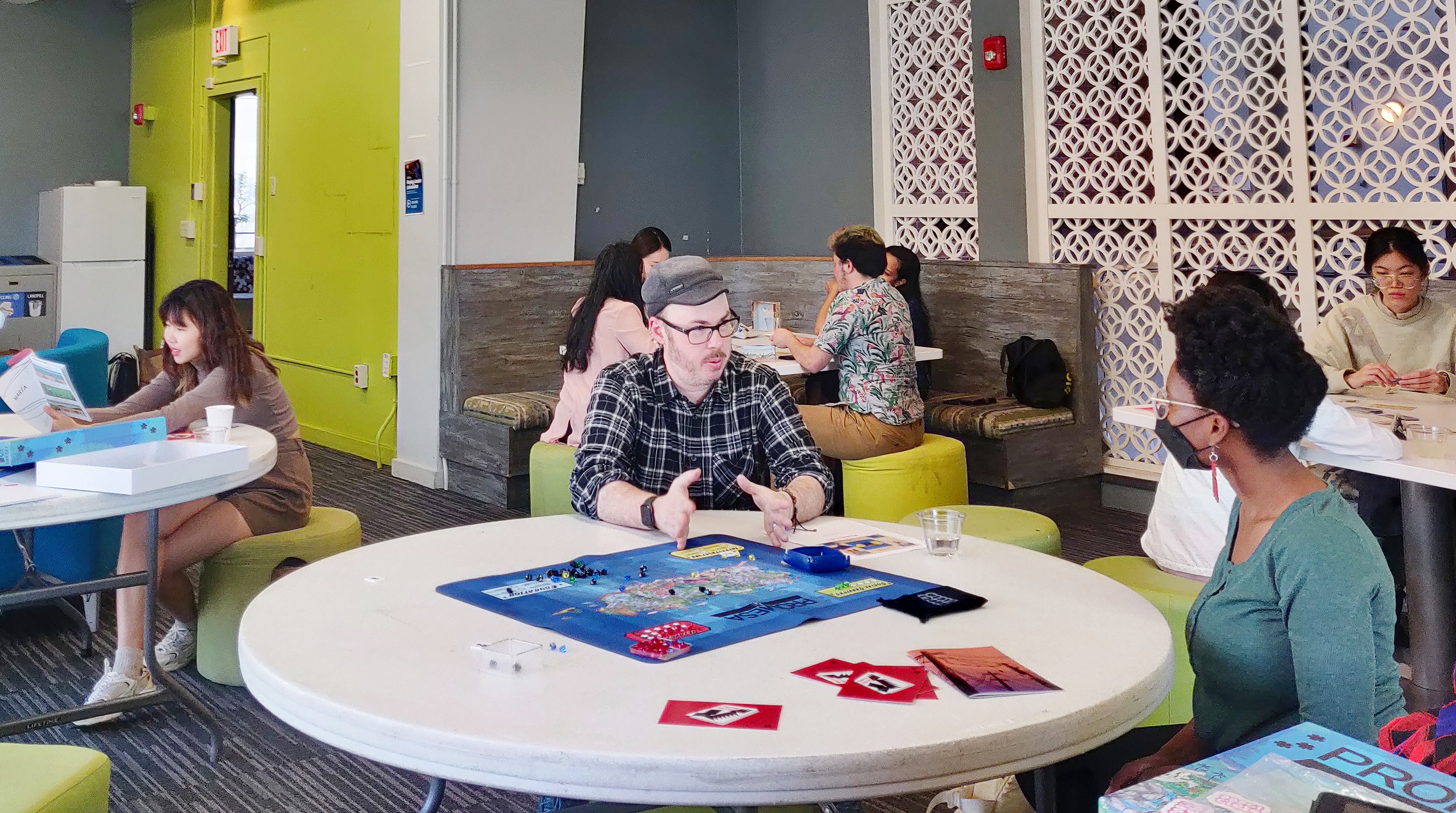
“We used play to better understand the macro- and micro-mechanics of colonialism,” says Rivera. “It was a refreshing, hands-on opportunity for RISD students and community members to engage with justice-based design principles.”
Jakobsson kicked off the morning by sharing his research and showing how board games have been used to “support the four exes of colonialism: explore, expand, exterminate and exploit. Board games were always sold as tools of enculturation,” he says, “teaching British children, for instance, the benefits and glory of colonialist values.” He encouraged students to think carefully about the messages and cultural artifacts they’re promoting in their game designs.
Experiential designer and RISD alum Nashra Balagamwala 16 IL got into board game design while she was still a student and stepped into the spotlight with Arranged!, her humorous take on the serious question of arranged marriage. In her practice, she uses art and design as a medium for social change, focusing on women’s empowerment, abuse prevention and bridging political divides through a playful lens. Balagamwala offered a virtual presentation from Pakistan about becoming a game designer and navigating the sociocultural climate of her home country.
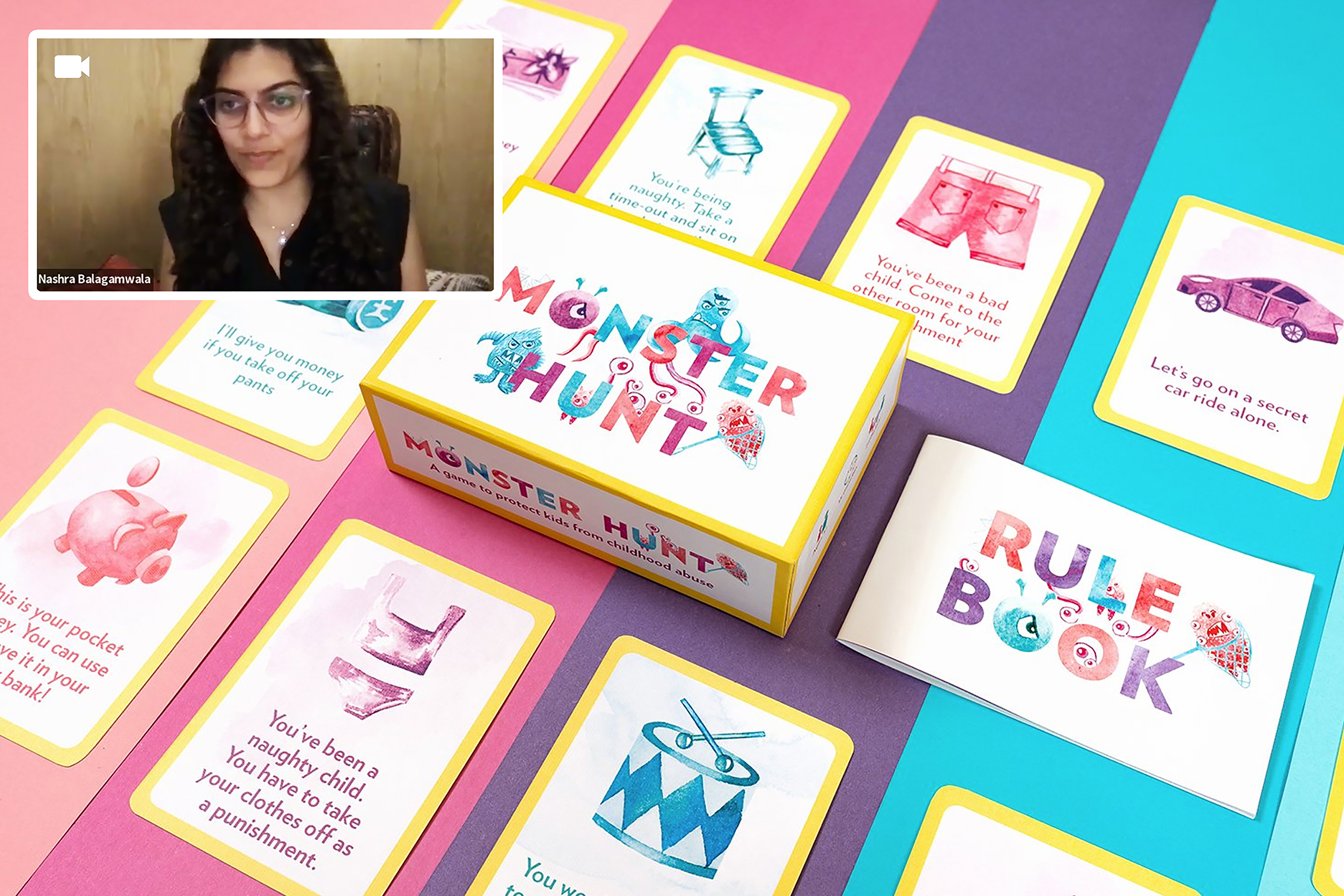
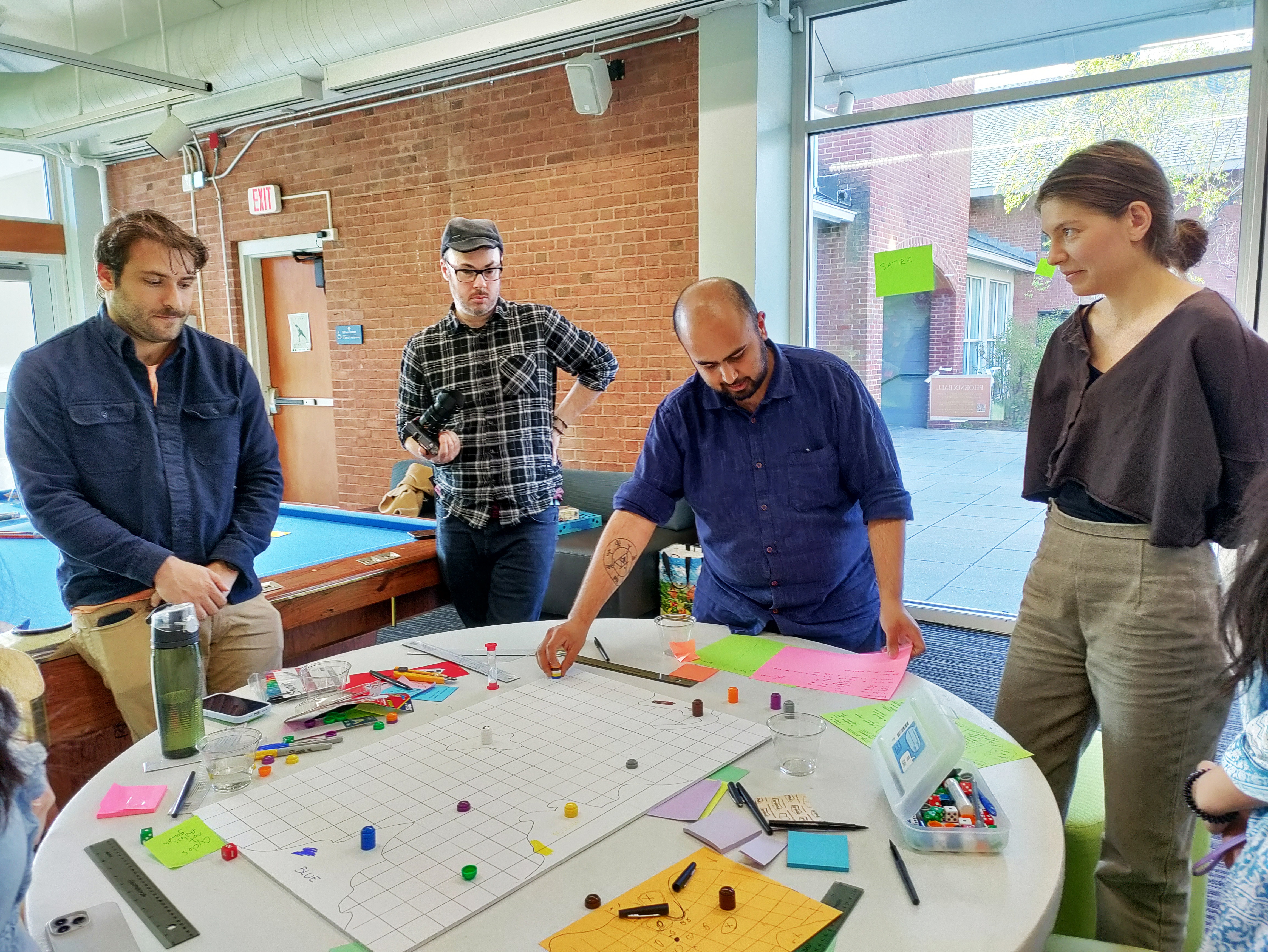
“If a game like Monopoly can elicit such strong emotions and cause family feuds,” Balagamwala posited, “what would happen if you took that same medium and applied a serious message to it? Would it still be fun to play?”
The talks concluded with Rivera, a Puerto Rican native who also uses their work to playfully intervene and interrupt the colonial narratives of their home. They discussed a performance piece called Fantasy Island as well as a board game concept in the works satirizing Puerto Rico’s real estate and tourism industries.
“What does it mean for somebody like me—a queer person in the diaspora with educational privilege—to exist today?” Rivera asks. “What kind of responsibilities do I hold as a designer and how do I practice cultural humility?”
“If a game like Monopoly can elicit such strong emotions and cause family feuds, what would happen if you took that same medium and applied a serious message to it?”
After contemplating such essential questions, the group was ready to play some games. They began with Promesa, a game developed by Jakobsson and Rosa Colón Guerra that helps players understand Puerto Rico as a modern-day colony, and then moved on to The Grizzled, a game about surviving World War I. Participants went on to brainstorm possible characters, actions or environments that could be integrated into such games and even created a few quick prototypes.
“One group created a playful rat-versus-human game based on parasite social theory,” says Nambiar, “and another brought together elements of games like Two Truths and a Lie, Telephone and Pictionary. It was a really fun experience!”
—Simone Solondz
May 16, 2023
